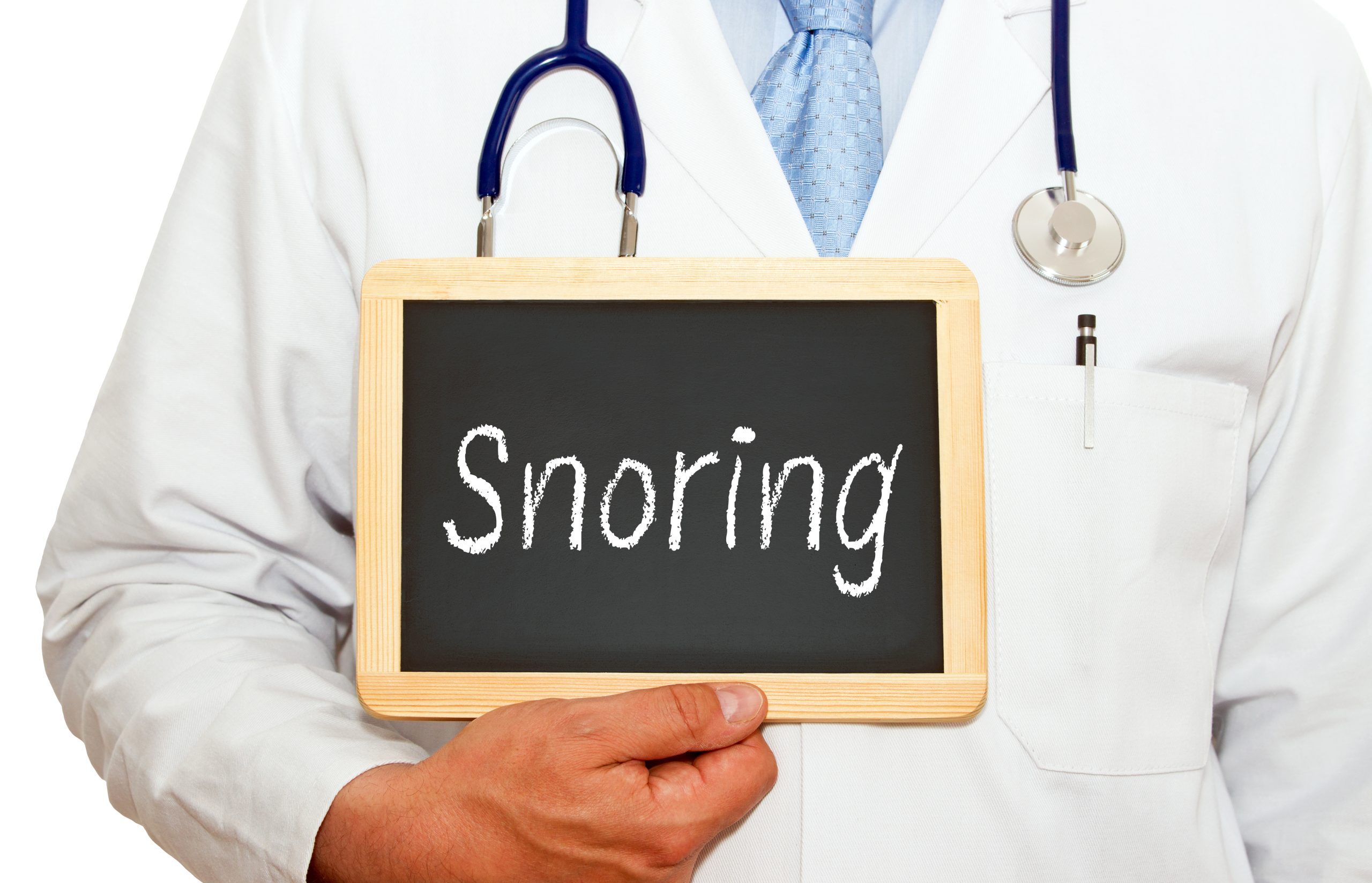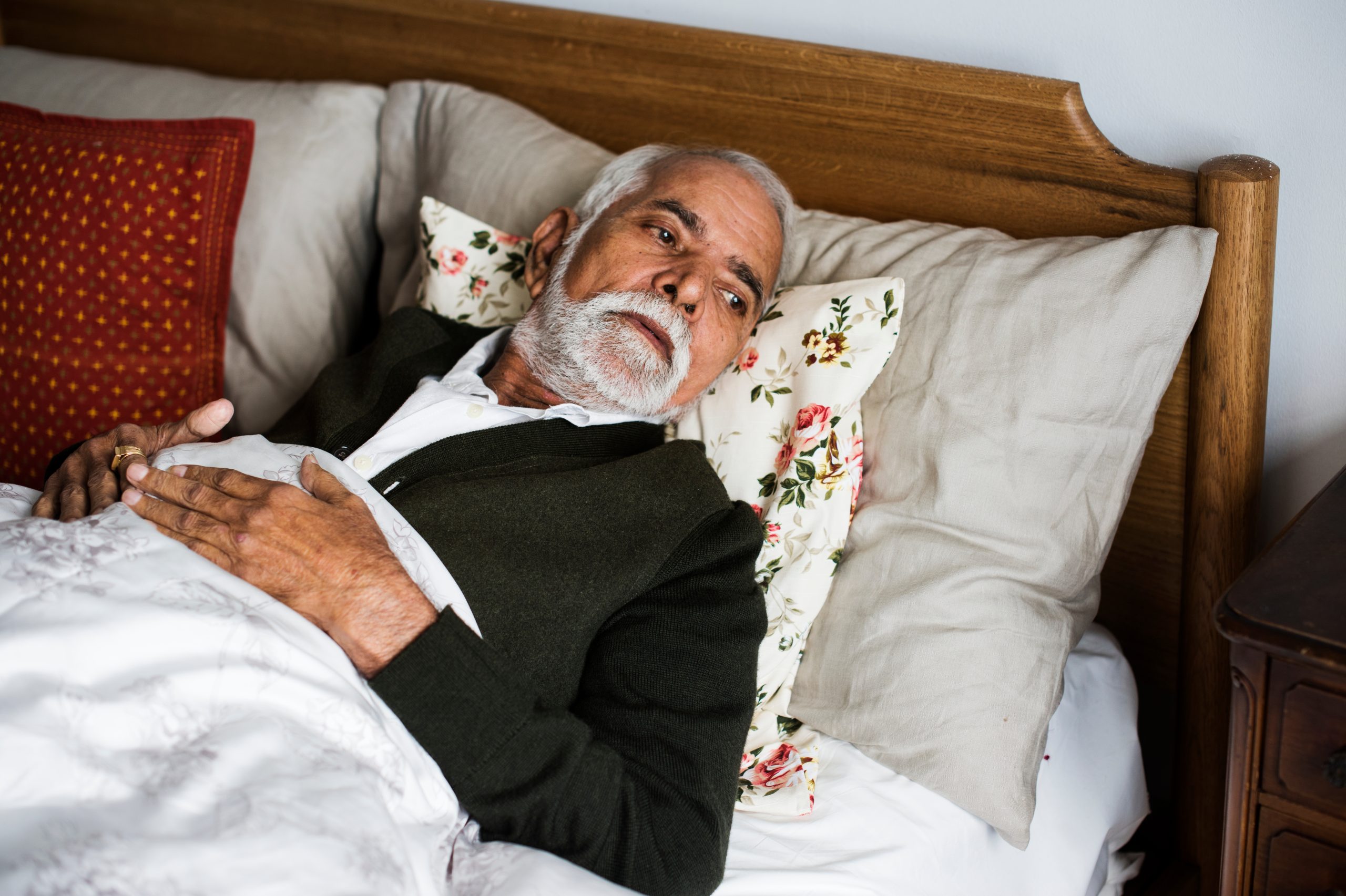When air does not flow through your air passages smoothly, it can cause the tissues in your mouth, nose, and throat to vibrate. As you age, your muscle tone decreases, which can cause the airways to constrict and cause more frequent snoring. While occasional snoring is generally nothing to worry about, persistent snoring can be a sign of sleep apnea. As one of the leading retirement homes in Kanchipuram, we conduct routine check-ups and offer comprehensive geriatric assessment and supportive care. We take a holistic approach to health that includes your physical, mental, and emotional well-being. We conduct regular wellness workshops to raise awareness on healthy lifestyle and preventive health care. If you are worried about heavy snoring and looking for more information, we have curated some useful insights. 1. Some people are more prone to snoring: Here are some factors that can cause snoring or make it worse: Alcohol consumption Obesity Use of sedative medications Chronic nasal congestion Deviated septum or nasal polyps Enlarged tonsils A long uvula Soft part of the roof of your mouth is a bit low or thick 2. Why does snoring get worse with age? Here are some of the reasons why snoring can worsen with age: Loss of muscle tone: With age, the soft palate at the back of the roof of the mouth becomes more vulnerable to vibration. It happens as the muscle tone decreases with age. Weight gain: As you age, your metabolism slows down and you tend to become less active. These changes can cause weight gain. The extra weight puts pressure on the throat and narrows the airway, making it difficult for air to flow through. In addition, fatty tissue in the throat can vibrate when you breathe. Medications: If you are struggling to get good sleep at night, you may be tempted to reach for medication. However, you should be aware that many medications can increase the risk of snoring. For instance, medications used to treat insomnia can cause muscles to relax and slow down the respiratory drive. This can lead to snoring, making it even harder to get good sleep. 3. Signs that you snore Here are some tell-tale signs that you snore: Waking up feeling tired Excessive fatigue during the day Being irritable during the daytime Waking up with a dry sore throat Headaches after you wake up Gasping or choking at night In some cases, snoring can be a sign of a more serious condition known as sleep apnea. If you suspect you may have sleep apnea, your best course of action is to speak to a doctor. However, before making an appointment, you may want to consider recording yourself sleeping. This can be done with an old-fashioned tape recorder, or a smartphone app and it will help your doctor identify patterns in your snoring that may indicate sleep apnea. Record your snoring pattern for multiple nights. With this information, your doctor will be able to diagnose whether your snoring is indicative of sleep apnea. 4. How to keep snoring in check?If you snore occasionally, here are some tips to overcome it: Exercise regularly to lose weight Improve your eating habits Avoid sleeping on your back Go to bed at the same time daily Elevate your head with pillows Keep bedroom air moist Looking for senior living communities in Kanchipuram that promote healthy ageing? Our senior living community in Kanchipuram is a vibrant community where no two days are the same. Residents enjoy a wide range of community facilities that help them enjoy an active and engaging retirement. Also, we offer various senior-friendly services such as maintenance of common areas, housekeeping, and electrical and plumbing maintenance work. To know more about our retirement homes in Kanchipuram, call us at +918884555554.
Read More









